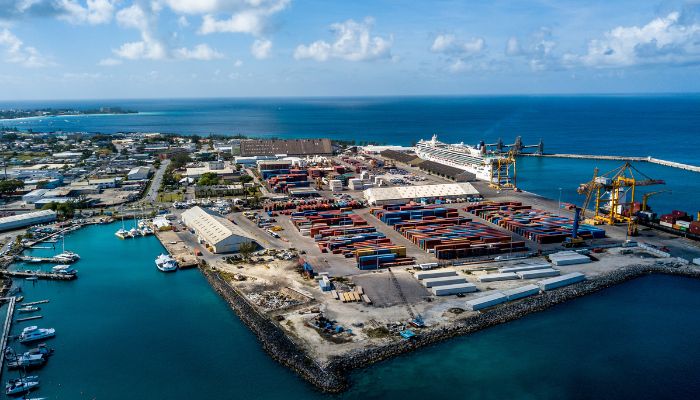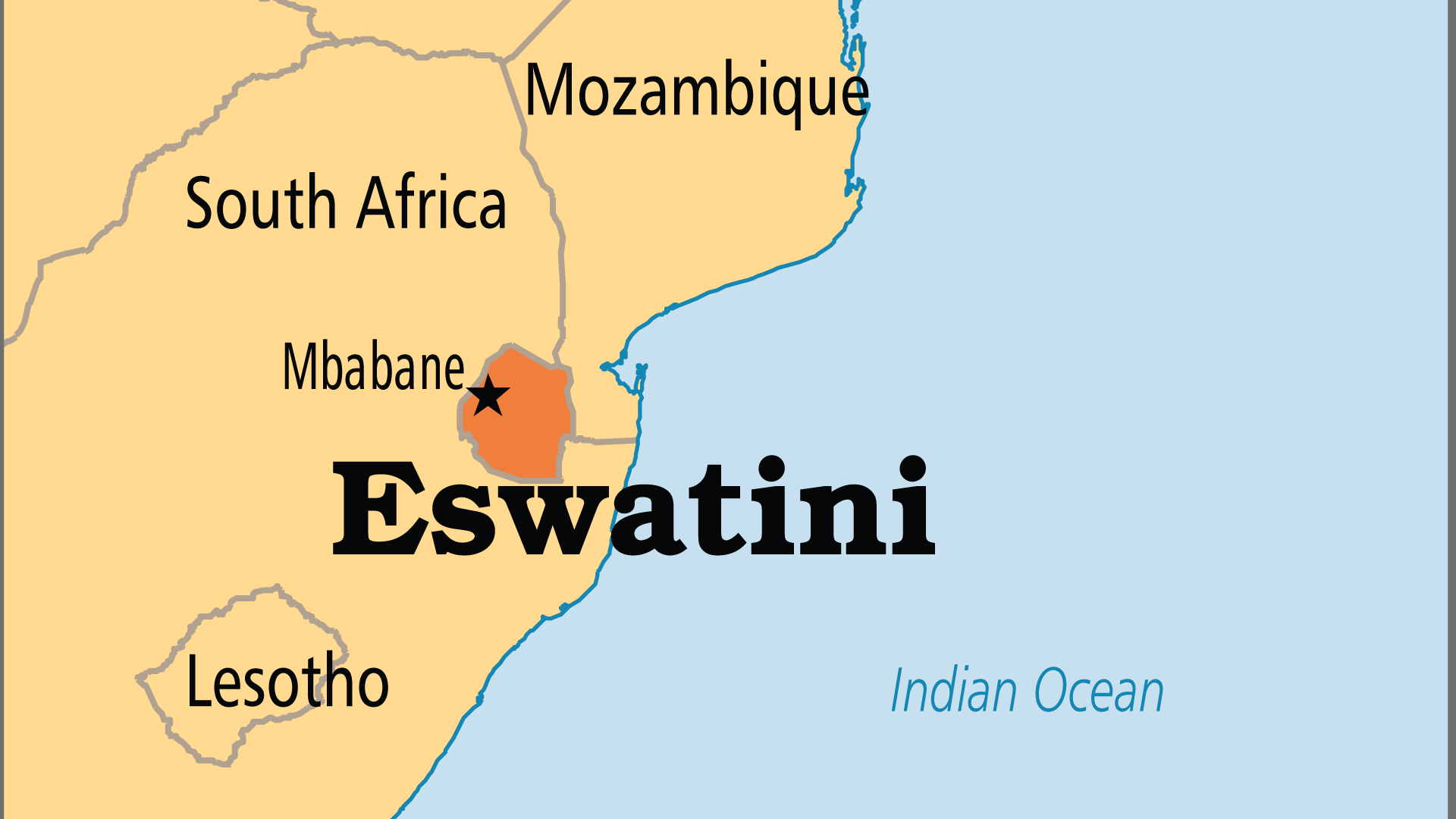
Barbados’s main exported goods
Barbados, a small island nation in the Caribbean, has a relatively diversified economy given its size. Historically known for sugar production, the country has gradually shifted its export profile to include a variety of goods and services that cater to both regional and international markets. This export mix plays a crucial role in sustaining its economy.
### 1. **Sugar and Molasses**
Sugar has long been a central part of Barbados’s export history. The country was once a major global producer of sugar, thanks to its plantation economy established during the colonial era. While the global demand for sugar from the Caribbean has decreased over the years, Barbados still produces and exports sugar and its by-products, particularly molasses, to various markets. Molasses is used in food production, animal feed, and the distillation of rum, another major export from the island.
### 2. **Rum**
Barbados is internationally renowned for its high-quality rum, which is one of the country’s most significant exports. Rum production is deeply tied to the country’s sugar industry, as it utilizes molasses as a raw material. Renowned brands such as Mount Gay Rum, one of the oldest rum brands in the world, have helped put Barbados on the map as a premium rum exporter. Barbados’s rum is sought after in markets such as North America, Europe, and other parts of the Caribbean. The island’s strong reputation in rum production has made it one of the most recognizable exports globally, contributing significantly to the country’s foreign exchange earnings.
### 3. **Chemicals**
A growing sector in the Barbadian export economy is the chemical industry. Barbados exports a variety of chemical products, including cleaning supplies, paints, pharmaceuticals, and toiletries. The island’s chemical industry benefits from modern manufacturing facilities and is oriented toward both the regional Caribbean market and international consumers. These products add diversity to the country’s export portfolio, making the economy less dependent on its traditional agricultural exports.
### 4. **Electronic Components**
Another key part of Barbados’s export economy is electronic components, particularly high-tech products such as parts for communication equipment and other specialized industries. This category includes a variety of components used in telecommunications, information technology, and manufacturing. Exports in this area reflect Barbados’s growing role as a niche player in high-tech manufacturing, offering specialized products for both regional and global markets. The electronic sector is a sign of the island’s modernization and movement towards more diversified, value-added exports.
### 5. **Clothing and Textiles**
Barbados also exports a range of clothing and textiles, though this sector is relatively small compared to the country’s major exports. Nevertheless, local garment manufacturers produce apparel that is sold regionally and internationally, particularly in North America. These exports cater to niche markets, often focusing on specific styles, designs, or products with cultural significance, such as traditional Caribbean clothing.
### 6. **Agricultural Products**
Beyond sugar, Barbados exports other agricultural products like vegetables, fruits, and root crops. While the island is not a major agricultural exporter compared to larger countries, it exports products such as sweet potatoes, yams, and various tropical fruits to neighboring countries in the Caribbean and select international markets. These exports are typically small-scale but provide important income for local farmers and contribute to the island’s trade balance.
### 7. **Services and Other Exports**
While goods constitute an important part of Barbados’s export profile, the country’s largest “export” is arguably services, especially tourism and financial services. The island has established itself as a major offshore financial center, exporting expertise in banking, insurance, and legal services to international clients. Furthermore, tourism plays a critical role in earning foreign exchange, as Barbados is a prime destination for travelers from North America, Europe, and other regions. Visitors contribute significantly to the economy by spending on accommodation, dining, entertainment, and various goods and services during their stay. While not classified as goods, the revenue generated from these services functions similarly by bringing external income into the country.
### Conclusion
Barbados’s main exported goods reflect its transformation from a sugar-dependent economy to one that is more diverse and balanced. Although traditional goods like sugar and rum remain important, newer sectors like electronics, chemicals, and services have emerged as significant contributors to the island’s export profile. By diversifying its exports, Barbados has improved its resilience to global economic changes, allowing the country to maintain a steady flow of foreign exchange and stabilize its economic growth. As the global economy continues to evolve, Barbados’s export strategies will likely adapt to take advantage of emerging opportunities in both goods and services.



Leave a Reply